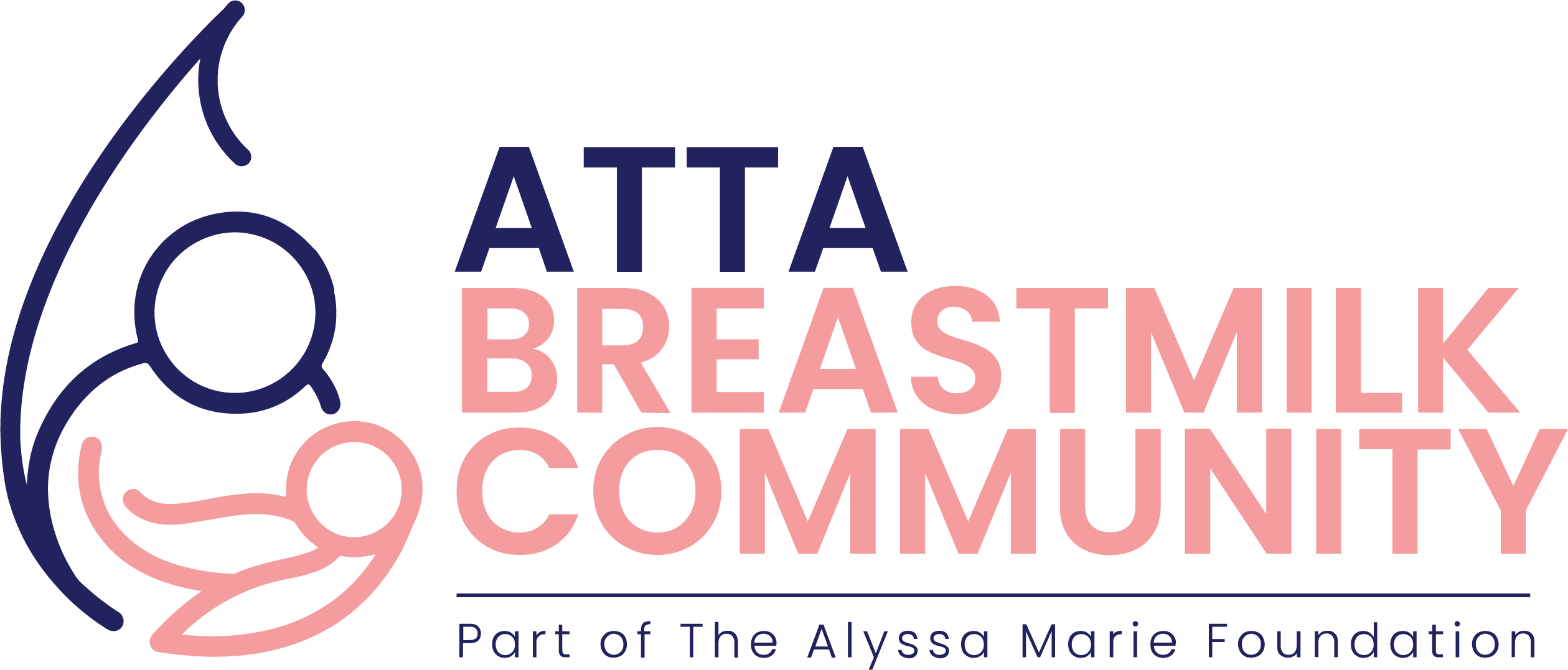
Introduction:
The emotional toll of prematurity is profound. Parents find themselves balancing between the
excitement of a new life and the uncertainty of their child’s health. Feelings of guilt, anxiety, and helplessness are common companions on this journey. It’s a testament to the strength of families that, despite these challenges, they continue to provide unwavering love and support to their preterm infants.
According to the World Health Organization, prematurity is when a baby is born alive before 37
weeks of pregnancy are completed. This unexpected entrance into the world introduces a set of
unique challenges for both infants and their families. These challenges can range from medical
complexities to emotional and financial strains, requiring a resilient spirit to navigate this
uncharted territory. Among the various support systems available, breastfeeding emerges as a powerful ally in nurturing preterm infants.
The Miracle of Breastfeeding:
Breast milk is a natural gift that not only fosters a strong bond between mamas and their babies,
but also provides essential nutrients crucial for a baby’s development. For premature babies, this becomes even more critical. Breast milk is tailor-made to meet the unique needs of preterm babies, offering a perfect blend of nutrients and antibodies that protect them against infections and illnesses.
Premature babies often face challenges in their early days, and breast milk acts as a healing
elixir. It aids in the development of their fragile immune systems, promotes faster weight gain,
and reduces the risk of complications. The emotional connection formed during breastfeeding
also provides a sense of comfort and security for these tiny warriors.

Breast Milk Donation – A Lifesaving Act: In the face of these challenges, community support and awareness play a pivotal role.
Understanding the unique needs of preterm infants and their families fosters empathy and compassion. It encourages the creation of supportive environments in healthcare settings, workplaces, and public spaces, acknowledging the daily battles these families face.
Not every mama can breastfeed, and some preterm babies may not have access to their own mamas milk. This is where the incredible act of breast milk donation comes into play. Mamas who produce more milk than their baby needs can donate their surplus milk to milk banks. These banks ensure that preterm infants, whose mamas may be unable to provide sufficient milk, receive the nourishment they need for a healthy start in life.
Benefits of Breast Milk Donation:
How Breast Milk Donation Works:
How You Can Contribute:

A community of parents dedicated to making donated breastmilk equitably accessible to all newborn babies who need it to survive.
© 2023 All Rights Reserved.
Adding {{itemName}} to cart
Added {{itemName}} to cart